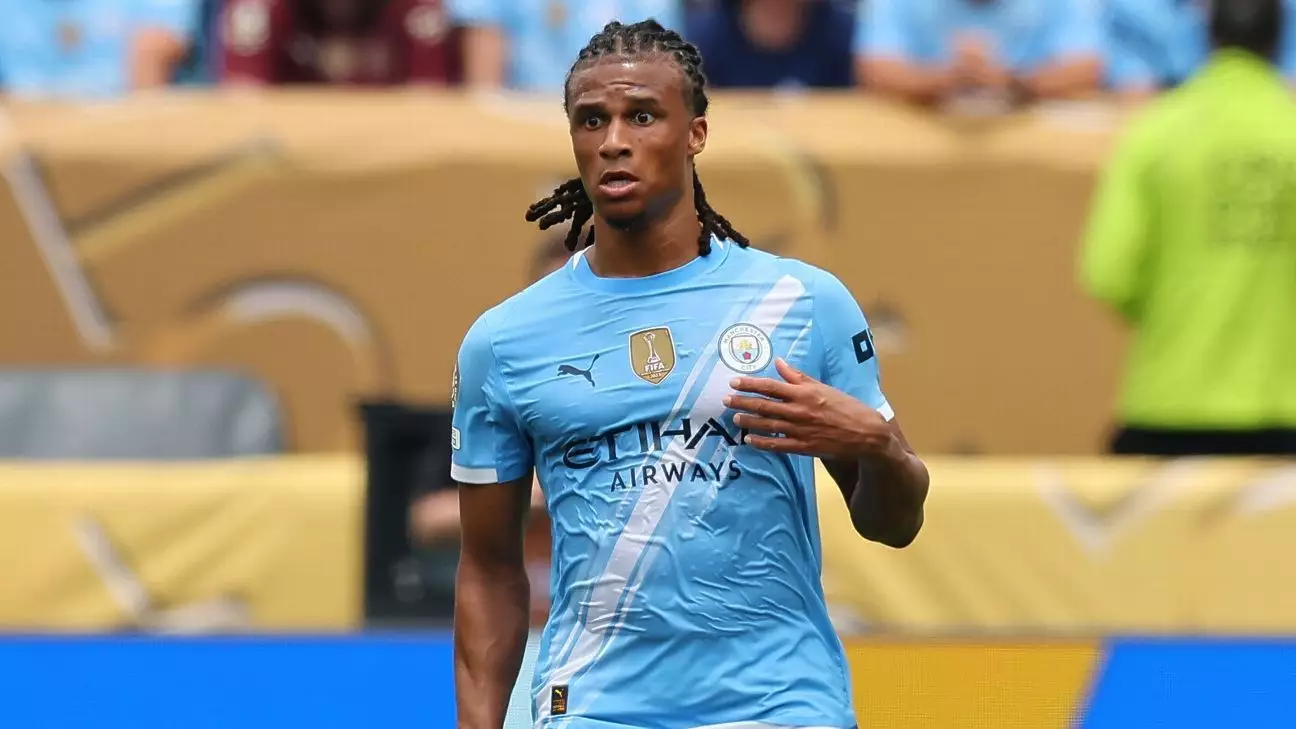Recent discussions surrounding the Premier League have brought to light a divergence in perspectives on pre-game walkouts. While Chelsea midfielder Romeo Lavia has expressed enthusiasm for individual player walkouts—akin to those seen at the recent Club World Cup—Manchester City defender Nathan Aké stands firmly in favor of maintaining the traditional collective walkouts that have long characterized English football. This juxtaposition reflects broader tensions between innovation and tradition in the sporting world, particularly in a league that prides itself on its rich history and unique culture.
The Allure of Individuality
Individual walkouts may evoke emotions and a sense of personal connection with fans, creating unique moments for players as they step onto the pitch. These moments are described as “something special” by Lavia, who suggests that incorporating such rituals could add a fresh layer of drama and spectacle to the Premier League. The charm of having each player walk out alone could build anticipation, allowing fans to connect with their favorite players on a more intimate level. It could foster an atmosphere of individual pride and highlight the personal stories of each athlete, making the spectacle more personal in a league typically known for its fierce competitiveness and team unity.
Aké’s Plea for Consistency
Aké, on the other hand, offers a compelling argument for preserving tradition, which may resonate with many purists in the football community. His perspective emphasizes the importance of consistency and familiarity, arguing that the Premier League has established a respected identity through its rituals. The pre-game routine, as it stands, forms part of the fabric that binds players, clubs, and supporters alike, creating a sense of unity that individual walkouts could potentially disrupt. Moreover, the traditional routine has stood the test of time, nurturing a sense of continuity in a sport that is constantly evolving.
Club Challenges and Future Implications
For players like Aké, who endured a challenging season marred by injuries, the focus on maintaining a stable routine is paramount. Aké’s commitment to recovering from injury illustrates the relentless pursuit of players to contribute fully to their teams. With injuries also prompting managers like Pep Guardiola to favor more durable athletes, the pressures on players continue to mount. Introducing significant changes to pre-match rituals could further complicate the already demanding landscape in which players operate.
A Complex Evolution of Football Culture
It’s important to consider how innovations in sports rituals can affect fan experiences and player dynamics. As leagues worldwide look to engage audiences with fresh formats, there is a fundamental question: should the Premier League cater to the appetite for novelty, or should it remain steadfast in honoring its established routines? As clubs navigate this complex interplay of tradition and modernity, the future of English football rituals hangs in the balance, inviting reflections on what truly defines the spirit of the game.
In a landscape of shifting trends, the voices of players like Aké and Lavia highlight the ongoing discourse between the preservation of longstanding traditions and the eagerness for innovation. Each perspective sheds light on different aspects of the beautiful game, raising critical questions about identity, belonging, and the evolving nature of sportsmanship.

